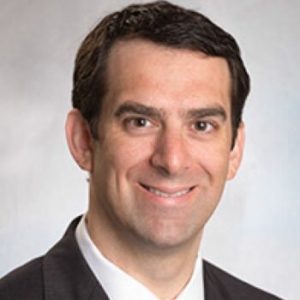José makes an important point. For all of our humanistic training and lip service paid to respecting patients’ privacy, we frequently ignore the rules when they are inconvenient. We forget that ED patients have the same rights as inpatients. We accidentally commit flagrant HIPAA violations, while assiduously avoiding the minor ones. These breaches are not merely embarrassing for the patients. They actually hinder care; we risk incomplete patient histories. A good history is crucial, and we are setting ourselves up for potential failure by failing to maintain private conditions. Curtains aren’t cutting it.
Explore This Issue
ACEP News: Vol 31 – No 08 – August 2012The ED buzzes with white noise. It’s easy to imagine that amidst the low-grade commotion, patients feel protected from being overheard. After all, as the poet Theodore Roethke wrote, “Sound, silence sang as one.” There is a perceived privacy in crowded places where voices blend together. But this is a convenient delusion. In reality, our ears turn toward interesting words. My personal experience as an ED patient bears this out. Years later, I remember my pain and the impressive ob/gyn history of the woman in the next bed.
Solutions are not easy. We are overrun by demand. Maybe we need soft noise machines like many psychiatrists have outside their offices. Ideally, private rooms would become standard – a pipe dream in many hospitals.
Many problems could be mitigated through cost-free changes. Even our choice of words can help. On rounds, many thoughtful doctors use euphemisms such as “retroviral illness” for HIV/AIDS or the colloquial “every day person” instead of “emotionally disturbed person.” Simply lower the voice for personal questions. Always ask parents of teens to step out, saying, “I always ask certain questions in private.” Insist upon it, no matter how “cool” Mom or Dad may seem. If you face the concern that I had with my patient’s fiancée, it can be awkward to leave the area with the patient, but it is worth it.
José deserved and received a thorough work-up. And I have him to thank for overcoming major communication barriers. But isn’t that my job?
Dr. Faust is an EM resident at Mount Sinai Hospital, New York, and tweets about mE.D.icine and classical music@JeremyFaust.
Pages: 1 2 | Single Page





No Responses to “Alone in a Crowd: Why we forget about patient privacy and why we shouldn’t”